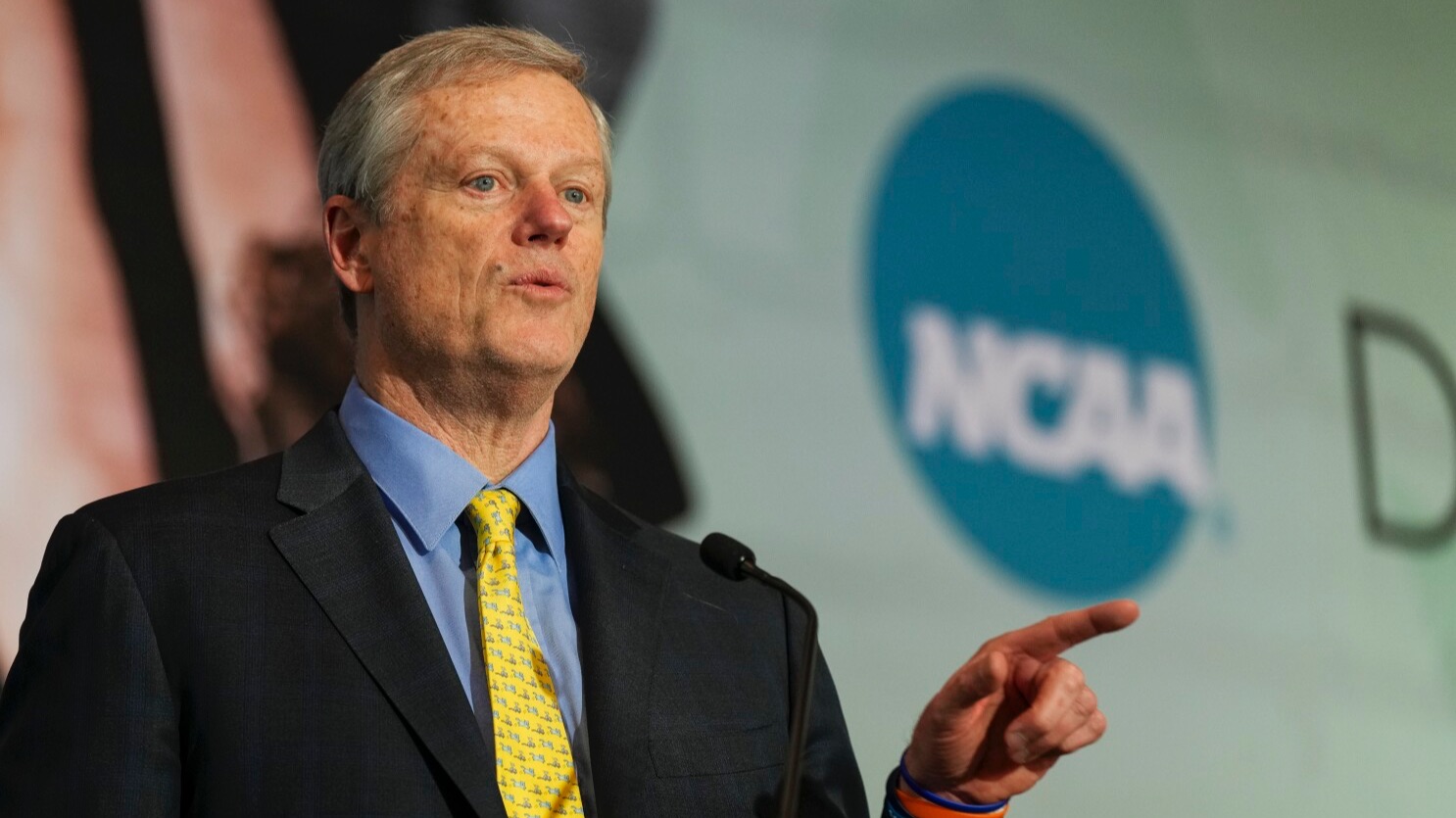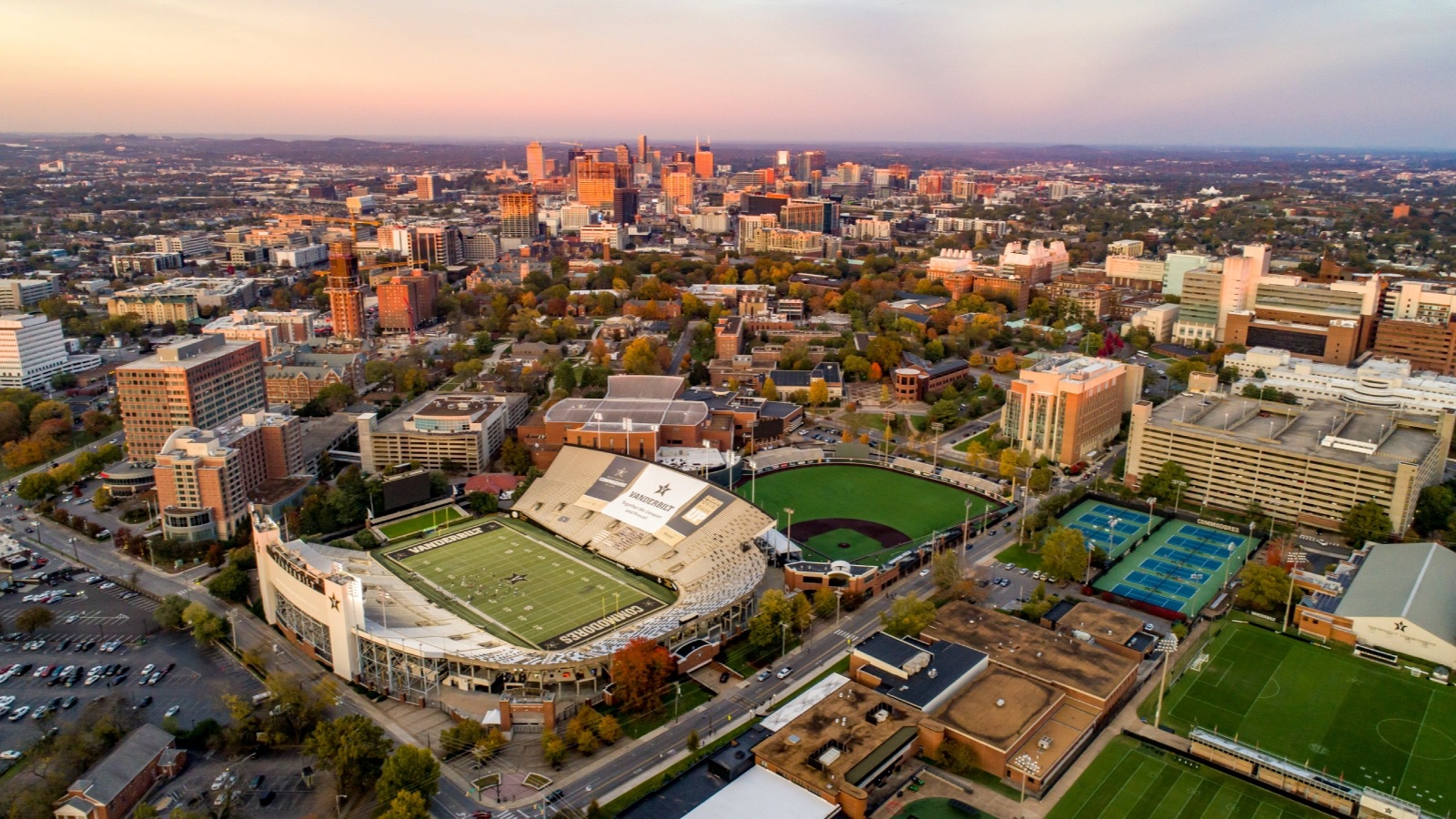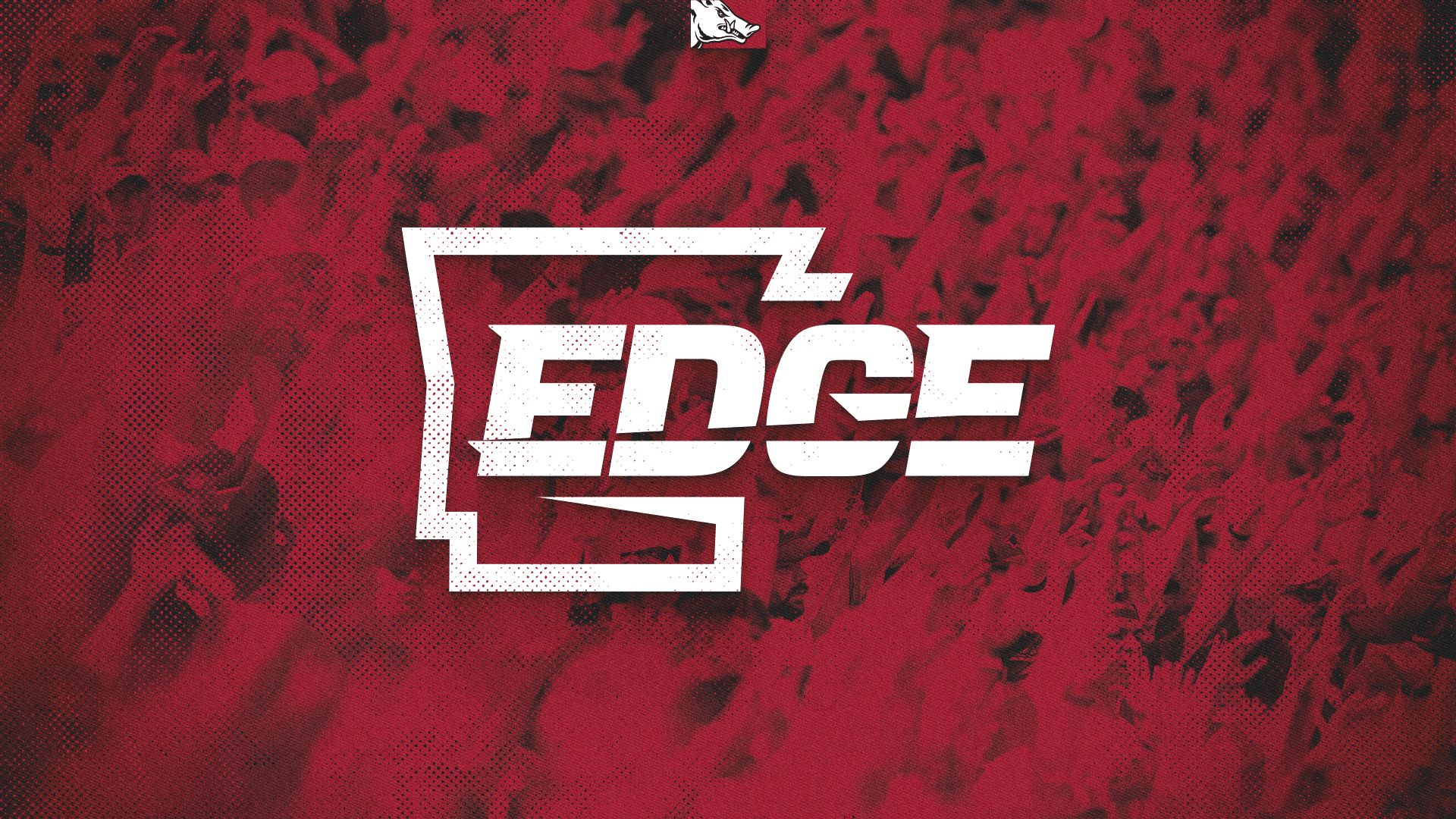NCAA SETTLEMENT HEARING TODAY
Apr 07, 2025Today's Big Event: Judge Claudia Wilken Decides on the NIL Lawsuit
FOLLOW ALONG HERE FOR UPDATES

Judge Claudia WIlken
1) When does the hearing start and what's the significance?
- The hearing starts at 10 a.m. Pacific time in a federal courthouse in Oakland, California, and will likely last all day.
- The main thing Judge Claudia Wilken will decide is whether the proposed settlement agreement between the NCAA (the organization that makes rules for college sports) and current and former Division I athletes is fair, reasonable, and good enough to solve the legal issues in three different lawsuits (called House, Carter, and Hubbard).
- If Judge Wilken says "yes," the settlement will be approved, and she'll set a plan for how and when it will be put into place.
- She will also decide how much money the athletes' lawyers should get paid – they are asking for almost $500 million.
2) Who will be talking at the hearing?
- The main people talking will be Judge Wilken and the lead lawyers for the athletes: Jeffrey Kessler, Steve Berman, and Rakesh Kilaru.
- Livvy Dunne, a gymnast from LSU, 13 other athletes (and their lawyers) who have concerns about the settlement are expected to be there in person or online to share their worries.
3) How much power does Judge Wilken have during the hearing?
- Judge Wilken has all the power and can jump in with questions at any time.Everyone will follow what she says.
- She's known for asking tough questions that can even make experienced lawyers nervous.
- She's very familiar with these kinds of cases against the NCAA about paying college athletes because she was the judge in other big cases before. She really knows her stuff when it comes to the legal issues.
4) What's the strongest reason to approve this deal?
- This settlement would bring a huge and historic amount of money and opportunities to college athletes. For the top athletes in Division I, it would basically end the old system where they weren't allowed to make money.
- Over the next 10 years, the settlement would pay about $2.8 billion to Division I athletes who played in the last eight years. This money is to make up for lost chances to earn money from their NIL, video games, and broadcasts because of old NCAA rules.
- The deal also creates a new system where colleges that choose to participate can share up to 22% of their revenue from things like TV deals, ticket sales, and sponsorships with their athletes. Experts think this could start at about $20.5 million per year for each school.
- It's important to remember that these direct payments are on top of athletic scholarships (which cover things like tuition and housing) and the NIL deals athletes can already make with outside companies.
- The settlement also gets rid of limits on the number of scholarships colleges can offer.
- Overall, it's expected that colleges will share about 50% of their sports revenue with athletes. This is similar to how professional sports leagues share money with their players.
5) What if Judge Wilken says "no" to the settlement?
- If she rejects the deal, the lawsuits would go back to the beginning. This could mean many more years of legal battles where athletes wouldn't get paid, and the current rules would likely stay in place.
6) If the cases go back to court, wouldn't the athletes probably win?
- Don't count on it. While Judge Wilken has shown she understands the athletes' arguments and sided with them in past cases, she's not the final decision-maker.
- A jury could disagree with the athletes.
- A higher court called the U.S. Court of Appeals might also side with the NCAA, especially since they've said before that payments to college athletes should be connected to their education, not just playing sports.
- Then there's the Supreme Court. Even though the NCAA lost a recent case there, that case wasn't specifically about NIL or paying athletes to play. So, it's not clear how the Supreme Court would rule on these issues.
7) There are a lot of objections, so isn't it unlikely the judge will approve it?
- That's not really the case for a couple of reasons.
- First, there haven't actually been many objections or athletes choosing to leave the settlement. Out of nearly 390,000 athletes involved, only a tiny percentage filed objections or opted out. This small number actually makes it more likely that Judge Wilken will approve the deal.
- Second, while the judge has to make sure the deal is fair, reasonable, and adequate, it doesn't have to be perfect. Judges aren't supposed to interfere too much with agreements that both sides have made. So, it's likely Judge Wilken will give her final approval.
8) What are Judge Wilken's options?
- She basically has three choices:
- Approve the settlement: This is the most likely outcome. She would then set a schedule for putting it in place.
- Say she will approve it if changes are made: This would delay things, but give the lawyers a chance to fix any parts she doesn't like. However, it might be hard for both sides to agree on new terms.
- Reject the settlement: This is the least likely option. If this happens, the lawsuits would continue for potentially many more years without a settlement.
9) If the settlement might violate rules about equal opportunities for women (Title IX), how could the judge approve it?
- It's not clear if the settlement violates Title IX, and Judge Wilken won't be deciding that issue during this approval process.
- There are arguments that the settlement could unfairly pay male athletes more in damages and allow colleges to pay them more in the future, which could go against Title IX. The U.S. Department of Education has even raised this point.
- However, Judge Wilken has emphasized that the lawsuits she's dealing with right now are about antitrust laws (which prevent unfair competition), not about Title IX or other employment laws.
- Antitrust law focuses on how agreements between schools limit competition for athletes and their compensation.
- Even though Judge Wilken has heard concerns about Title IX, her main worries during the earlier stages of this case were about whether the settlement might prevent athletes from making money from their NIL.
- So, even if she approves this settlement, expect new lawsuits about Title IX to be filed later. These would be separate cases.
10) Will Judge Wilken announce her decision today?
- Maybe, but probably not. Usually, judges in these situations will say they need time to think about everything and will issue a written decision later. This could take a few days or even up to about a month, but it's really up to Judge Wilken.
- However, Judge Wilken will likely give some hints about which way she's leaning during the hearing. For example, she gave strong signals about her concerns earlier in the case, which led to changes in the settlement.
11) Doesn't Judge Wilken know that colleges really want this settlement to start soon?
- To be blunt, that's not her problem.
- She's definitely aware that many colleges and sports organizations are acting like the settlement is already approved. They are taking a risk by doing this.
- Judge Wilken won't rush her decision on a deal that could affect hundreds of thousands, if not millions, of athletes just because colleges want it to happen quickly for their own schedules.
12) If Judge Wilken approves it, when would the settlement start?
- The settlement would likely start at the beginning of the 2025-26 school year, which for many schools is around July 1st. This makes sense because it lines up with new enrollments and budgets.
- Judge Wilken also knows that colleges have been aware of the settlement terms for a while now, so they've had time to prepare.
13) These are tough financial times for colleges, so shouldn't Judge Wilken delay the start of the settlement?
- The short answer is no.
- While Judge Wilken is likely aware that many colleges are facing serious financial problems due to things like cuts in government funding, fewer students, and worries about the economy, that's not a legal reason to delay the settlement.
- These colleges, by being part of the NCAA and big conferences, agreed to this settlement to resolve the lawsuits. They'll have to deal with the consequences.
14) Won't the settlement go against state laws?
- Probably, but that likely won't stop Judge Wilken from approving it.
- Objectors warned her last year that the settlement seems to conflict with some state laws, but she still gave it initial approval.
- Some states have passed laws or issued orders to prevent the NCAA from enforcing rules about NIL and paying athletes. This could be a problem with the settlement because it says that NIL deals worth over $600 might be reviewed to make sure they aren't just disguised payments for playing.
- This conflict could lead to new lawsuits in those states if an athlete's NIL deal is blocked. The athlete could argue that the NCAA is violating state law. The NCAA would likely fight back by arguing that the state law is unconstitutional.
- But again, this is a legal fight for another day and not something Judge Wilken will decide in this case.
15) Aren't the new limits on the number of players on a team a big issue?
- The settlement gets rid of limits on athletic scholarships but puts in place new limits on team sizes. For example, major college football teams will be limited to 105 players, which is fewer than many teams currently have.
- Some people have argued that these new roster limits will hurt athletes, especially those who aren't on scholarship ("walk-ons"), because they might lose their spot on the team.
- Judge Wilken will likely talk about this during the hearing. Supporters of the settlement might argue that the roster limits are sometimes set higher than what teams actually use and that the overall benefit of more money going to athletes outweighs this negative.
16) Doesn't this settlement act like a labor agreement without a labor union?
- Some people have pointed out that this settlement, especially with the limit on how much revenue can be shared with athletes, looks a lot like a collective bargaining agreement that professional sports leagues make with their players' unions. But in this case, there's no players' union for college athletes. A union might have been able to negotiate a higher percentage of the revenue or other benefits.
- The argument against this is that the current system doesn't allow for a labor agreement. College athletes aren't legally recognized as employees, so they can't unionize. Without a union, there can't be a collective bargaining agreement under labor law.
- So, while the settlement might look like a labor agreement without a union, it could be argued that it's the best that college athletes can get right now since a real labor agreement isn't possible.
- Also, the NCAA had to agree to this deal too, and they wouldn't agree to something without limits on costs. The idea that a union could negotiate more might not be relevant because there's no union and this isn't a union negotiation.
17) Does the settlement make the players employees?
- No. Whether a player is an employee is a separate legal question that isn't decided by this settlement. The settlement only deals with the specific antitrust issues raised in the lawsuits.
- However, lawyers who argue that athletes are employees will likely point out that colleges directly paying athletes looks a lot like an employer-employee relationship.
18) Are future college athletes bound by this settlement?
- Only if they agree to be. The NCAA and the athletes' lawyers are hoping that future athletes will accept this new system because it greatly improves how they're compensated.
- But future athletes can still bring their own lawsuits if they want to challenge this system, although they wouldn't get any money from this current settlement if they do.
19) So, the settlement doesn't guarantee certainty?
- No class action settlement can guarantee absolute certainty.
- Athletes who are part of the settlement can still choose to opt out and sue on their own, and this has already happened. A group of former football and basketball players has already filed their own lawsuit.
- Future athletes also have to agree to be part of the deal.
- There will also likely be more lawsuits about Title IX, state NIL laws, and whether athletes should be considered employees. The part of the settlement that deals with past damages could also be appealed.
- However, this settlement is still a major step forward in resolving the NCAA's legal problems. It's not a perfect solution, but it's a big one.
20) Who will oversee the settlement?
That's up to Judge Wilken. She will likely play a role, and she might ask another judge (called a magistrate judge) to help. The settlement also proposes some non-court systems for oversight, like independent reviews of NIL deals.
FOLLOW ALONG HERE FOR UPDATES
Stay in the loop with key NIL Happenings!
Join our mailing list to receive weekly NIL newsletters on key developments in the NIL landscape.
We love NIL, but hate SPAM. We will never sell your information, for any reason.





